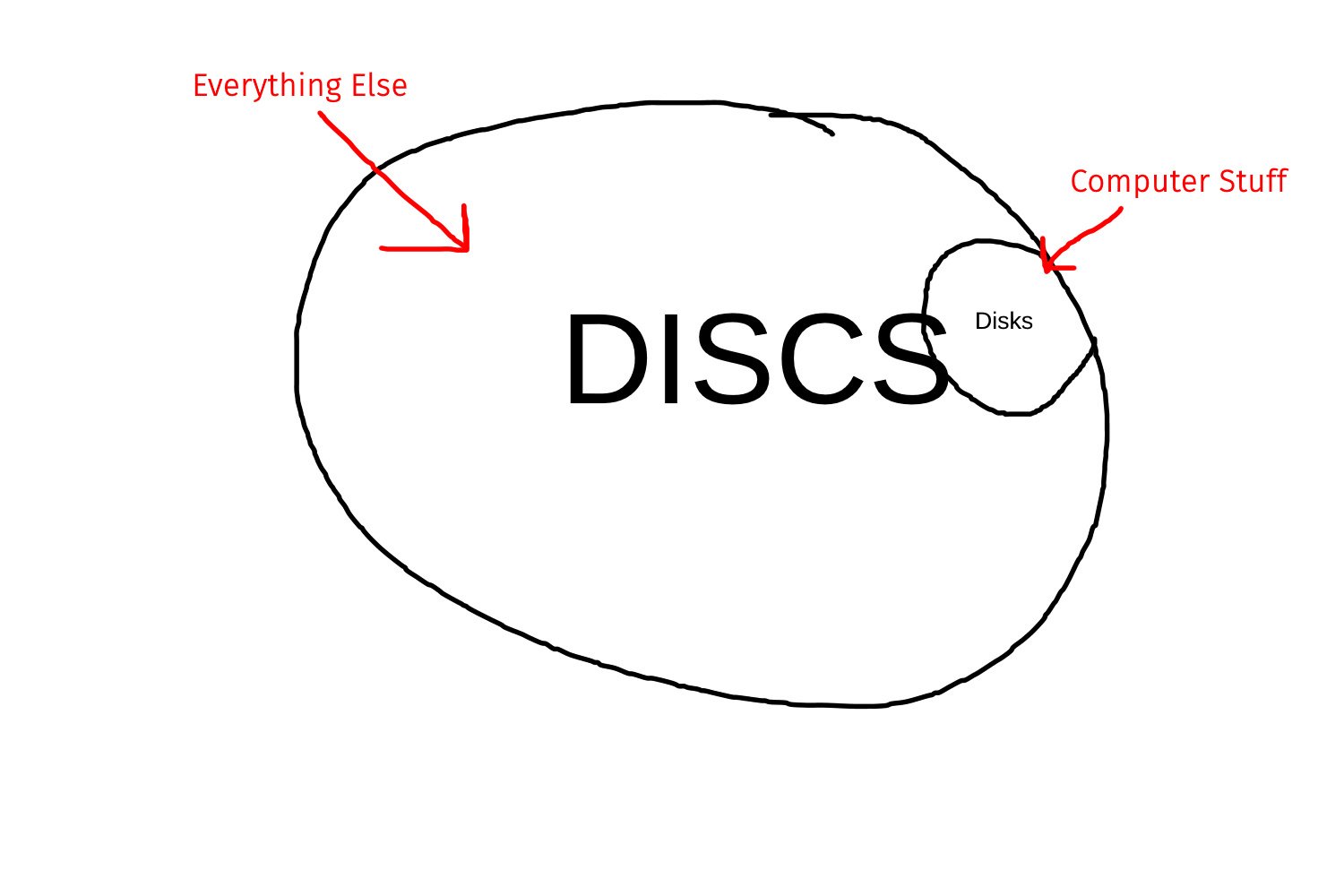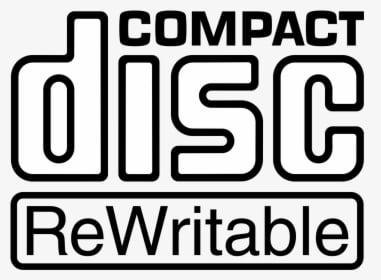Disk is for things that are more kiki, but disc, with that rounded off c, is for things that are more bouba.
Lemmy Shitpost
Welcome to Lemmy Shitpost. Here you can shitpost to your hearts content.
Anything and everything goes. Memes, Jokes, Vents and Banter. Though we still have to comply with lemmy.world instance rules. So behave!
Rules:
1. Be Respectful
Refrain from using harmful language pertaining to a protected characteristic: e.g. race, gender, sexuality, disability or religion.
Refrain from being argumentative when responding or commenting to posts/replies. Personal attacks are not welcome here.
...
2. No Illegal Content
Content that violates the law. Any post/comment found to be in breach of common law will be removed and given to the authorities if required.
That means:
-No promoting violence/threats against any individuals
-No CSA content or Revenge Porn
-No sharing private/personal information (Doxxing)
...
3. No Spam
Posting the same post, no matter the intent is against the rules.
-If you have posted content, please refrain from re-posting said content within this community.
-Do not spam posts with intent to harass, annoy, bully, advertise, scam or harm this community.
-No posting Scams/Advertisements/Phishing Links/IP Grabbers
-No Bots, Bots will be banned from the community.
...
4. No Porn/Explicit
Content
-Do not post explicit content. Lemmy.World is not the instance for NSFW content.
-Do not post Gore or Shock Content.
...
5. No Enciting Harassment,
Brigading, Doxxing or Witch Hunts
-Do not Brigade other Communities
-No calls to action against other communities/users within Lemmy or outside of Lemmy.
-No Witch Hunts against users/communities.
-No content that harasses members within or outside of the community.
...
6. NSFW should be behind NSFW tags.
-Content that is NSFW should be behind NSFW tags.
-Content that might be distressing should be kept behind NSFW tags.
...
If you see content that is a breach of the rules, please flag and report the comment and a moderator will take action where they can.
Also check out:
Partnered Communities:
1.Memes
10.LinuxMemes (Linux themed memes)
Reach out to
All communities included on the sidebar are to be made in compliance with the instance rules. Striker
Disc is short for discus.
Disk is short for diskette, the square things some discs are kept in.
Isn’t a diskette just a small version of a disk? Much like kitchenette to kitchen
Get outta here with your actual helpful answer
Disc and disk are varient spellings of the same word that pre-exist computing. Disc is more common in British English, Disk more common in American English. But yeah since computing came along disk has also been used more for magnetic media (hard disk) while disc has been used more for optical media (compact disc). I wouldn't be surprised if this only happened because of how the CD was marketed and branded as a "compact disc" as a trademark while hard disks and floppy disks etc were more generic terms.
In modern parlance, this has been my working understanding too:
But yeah since computing came along disk has also been used more for magnetic media (hard disk) while disc has been used more for optical media (compact disc).
Optical:
- compact disc
- laser disc
Magnetic:
- 3.5" diskette
- 800GB hard disk drive
...and just to point out there is some disagreement
Magneto-Optical , such as Sony MiniDisc, is sometimes referred to Disc for its optical properties and sometimes as a MO Disk for its magnetic properties.
I've always known disc to refer specifically to optical media.
Disc = round
Disk = rectangular
This is correct in most cases but I don't think it's the underlying principle.
This wiki talks about the etymology, with a lot of examples. Most conform to this rule, but there are exceptions in astrophysics like an accretion disk.
Even in info tech, "hard disk" doesn't really conform to this rule. Like is a hard disk a square hard drive or is it the round thing inside? If it's the square hard drive, that's not thin enough to be a "disk". I'd it's the round thing inside that would be hard disc, but also creates problems for floppy disk because why refer to the housing in one instance but not another.
Sadly, I think the correct answer is that either refers to a thin flat thing, some spellings are preferred for some uses.
Its a disk when its magnetic, disc when optical.
The way to remember it is that its disk because its magnetik.
What if it's optikal?
I cannot stress enough how efficiently you ruined my ability to use the memory trick.
A CD is a disk that is disc shaped.
I am not sure, but my oldest child was looking at an English brochure for a trip to France and a asked me "what the heck is a dis-coth-a-cue? Discotheque. A Disco, a dance club. And yes disco-tek is spelled Discotheque in English.
As others have said and how I always see it:
- Discs are small, circular, flat objects, e.g. the discus;
- Disks are discs used for computer stuff, e.g. floppy disk(ettes), CD-ROMs, DVD-ROMs, hard disks, and so forth...
In other words, all disks are discs, but not all discs are disks.
Here's a shitty drawing I made to illustrate:

I always thought discs were optical and disks were magnetic
At its root this was originally a British vs. American English thing. However, the spelling of "disc" with a C has been used specifically as the trade name of various brands including both the throwable and optical media varieties, which have since become genericized trademarks.
For the optical media side of things, the name was coined by Phillips while they were consorting with Sony to develop the standard and named it the "Compact Disc" to compliment their already existing "Compact Cassette" product. They developed an official logo for the format which spelled it "disc." That's been with us ever since.
Volumes of computer storage are now colloquially referred to as "disks" because A) a significant majority of the early computer development milieu in general happened in America where we, or at least IBM, spell it with a K, and B) for a very long time, that's exactly what they were. Tape and magnetic core memory and wire loop memory were all early developments that ultimately gave way to the longstanding popularity of magnetic platter/disk fixed storage... With some exception granted to tape, which hung around for a very long time but definitely was not a random access storage medium suitable for general purpose applications whereas disks were. It's probably pure happenstance that the dominant non-fixed computer storage media also wound up being disk shaped, namely the various sizes and types of floppy disks. Computers handle linear tape based storage and random access disk based storage very differently, and nowadays random access permanent storage still has the "disk" moniker stuck to it even though it's now likely to be solid state.
As a generalized descriptor of a flat circular object, either "disk" or "disc" is appropriate but which is preferred seems to be largely depending on which continent you're from. The root of the word is indeed the Greek "discus," as in the object yeeted across the playing field by Olympic contestants.
Where I'm from we spell it disj but that's because the c and k keys were broken 😞
They're all the same word at their core, evolving from the older Latin word. The difference just comes in how the words were used to describe either a computer related device, hard disk, floppy disk, or a sound carrying device, disc record, compact disc.
https://en.wiktionary.org/wiki/disk
In most varieties of English, disk is the preferred spelling for magnetic media (hence floppy disk, hard disk, disk drive), whereas disc is preferred for optical media (hence compact disc, digital versatile disc, optical disc). For all other uses, disk is preferred in American English and acceptable in Canadian English, and disc otherwise.
Less commonly, disc is used for magnetic media (as in floppy disc and discette; similarly, disk is sometimes used for optical media, as in compact disk and optical disk.
I haven't heard USB drives or SSD's be referred to as disks.
You need to spend more time with hardcore tech nerds 😝
You’re right, mostly people don’t call them that, but they do qualify and all the low level systems call them disks
I remember when SSDs were still new, trying to install one on an older system and in the process the system needing to know the "number of sectors on the disk" which... SSDs don't have sectors. It was a confusing thing to get through at the time, but I recall figuring it out.
Disck
In systems we consider discs to be optical devices and sometimes just lump any portable media as a “disc”
Once it’s on my system and seen as a device is becomes a disk

